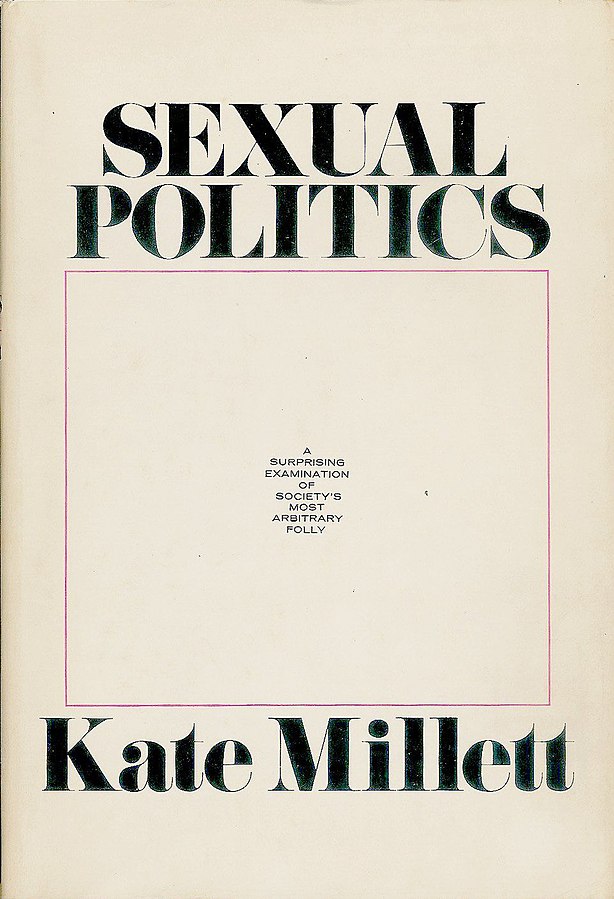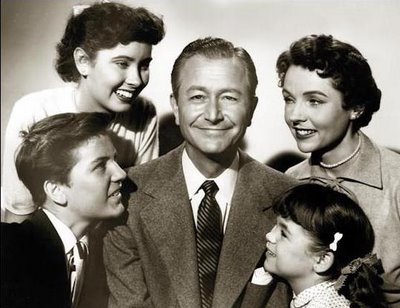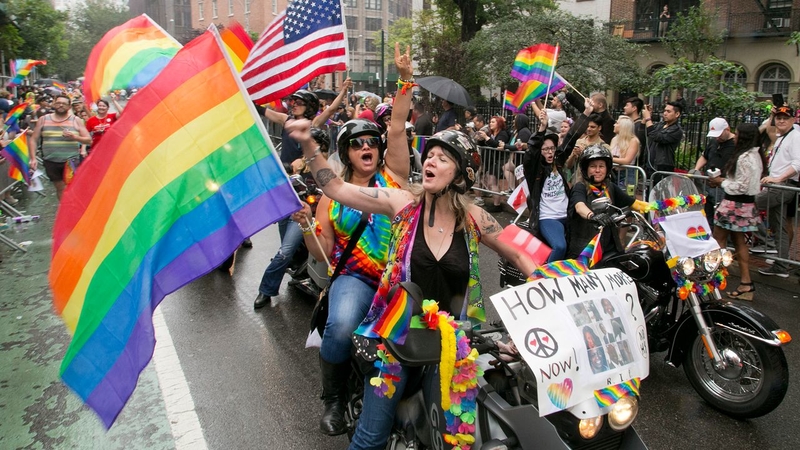Sexual Politics

The Book
Kate Millett published Sexual Politics in 1970, and it immediately became a keystone book of second wave feminism. Millett argues that patriarchy is a political institution that relies on subordinating the roles of women, and that Western social institutions are covert ways of manipulating this power. She believed that “femininity” was a socially constructed idea imposed on women, and that all aspects of society functioned according to “sexual politics” that made women internalize their inferiority until they believed in it. Millett identified literature as a tool for political ideology because it recreated sexual inequalities and reinforced patriarchal values of society. To expose the depth of this insidious indoctrination, Millett examined the work of four 20th century male authors and their works: D.H. Lawrence’s Lady Chatterley’s Lover, Henry Miller’s Tropic of Cancer and Tropic of Capricorn, Norman Mailer’s The Naked and the Dead for their use of sex to denigrate women. In contrast, she applauds the gender politics of gay writer Jean Genet. Millett is also noted for her distinction between the concepts of “sex”, which is rooted in biology, and “gender”, which is culturally acquired.
“Male supremacy, like other political creeds, does not finally reside in physical strength but in the acceptance of a value system which is not biological. Superior physical strength is not a factor in political relations like those of race and class. Civilization has always been able to substitute other methods (technology, weaponry, knowledge) for those of physical strength, and contemporary civilization has no further need of it.”

The Author
Katherine Murray Millett was born September 14, 1934, in St. Paul, Minnesota. The Milletts were Irish Catholic, and Kate attended parochial schools in Saint Paul throughout her childhood. She earned a bachelor’s degree in 1956 from the University of Minnesota, and two years later she was awarded a master’s degree from the University of Oxford. After teaching English briefly in the US, Millett moved to Tokyo, where she continued teaching. She married Japanese sculptor Fumio Yoshimura in 1965 (they divorced 20 years later), and the couple moved to New York City, where Millett studied English and philosophy at Barnard College. At the same time, she pursued a doctorate at Columbia University, and in 1970 she was awarded a Ph.D. with distinction. The same year, she published her book Sexual Politics, which defined the goals and strategies of the feminist movement and was an overnight success, transforming Millett into a public figure. She struggled with this newfound fame, especially when she was forced into talking about her sexuality, calling herself a lesbian during a talk at Columbia. A couple of weeks later, Time magazine reported that Millett admitted she was bisexual (which was true), and claimed that that would likely discredit her as a spokesperson for the feminist movement, because most mainstream feminists looked down on LGBTQ+ women. Millett became a spokesperson for radical feminism following the success of Sexual Politics, and was one of the first writers to describe the modern concept of patriarchy as the society-wide subjugation of women. She later married a woman named Sophie Keir, and passed away on September 6, 2017.

“Our society, like all other historical civilizations, is a patriarchy. The fact is evident at once if one recalls that the military, industry, technology, universities, science, political office, and finance – in short, every avenue of power within the society, including the coercive force of the police, is entirely in male hands. As the essence of politics is power, such realization cannot fail to carry impact. What lingers of supernatural authority…together with the ethics and values, the philosophy and art of our culture – its very civilization – as T.S. Eliot once observed, is of male manufacture.”

Our Guest
Maxine Hanks

Maxine Hanks is a historian and theologian who lectures and writes on Women’s Studies, History, and Religious Studies, particularly Mormon and Christian traditions and liturgy. Her bachelor’s degree was in Gender Studies and her master’s degree was in History, with additional graduate work in Theology and Religion.

“Serving as an agent of the larger society, the family not only encourages its own members to adjust and conform, but acts as a unit in the government of the patriarchal state which rules its citizens through its family heads. Even in patriarchal societies where they are granted legal citizenship, women tend to be ruled through the family alone and have little to no formal relation to the state.”
– Kate Millet
Amy’s Takeaways
Some people I know – especially of my parents’ generation – say the words “radical feminism” with utter contempt, and they also tend to lump all critique of gender inequity into the same category. So I was very curious to know what Kate Millett’s Sexual Politics, considered one of the founding texts of radical feminism, was all about. I was grateful for the guidance of my reading partner, Maxine Hanks, who has studied and taught Women’s Studies for my entire lifetime. Maxine put the book in the context of 60’s and 70’s Feminism, pointing out the misogyny of the male authors in the “New Left” who should have been women’s allies. I learned a lot from this book, and especially from the discussion – so much so that it went from being one of my least favorite books on the historical lineup to one of my very most important. Also, did you know that “radical” means “the root?” So radical feminism looks at the roots of society’s patriarchy, rather than just the branches and leaves. Such a valuable insight!
“A sexual revolution begins with the emancipation of women, who are the chief victims of patriarchy, and also with the ending of homosexual oppression.”

Listen to the Episodes
&
Share your Comments with us below!





